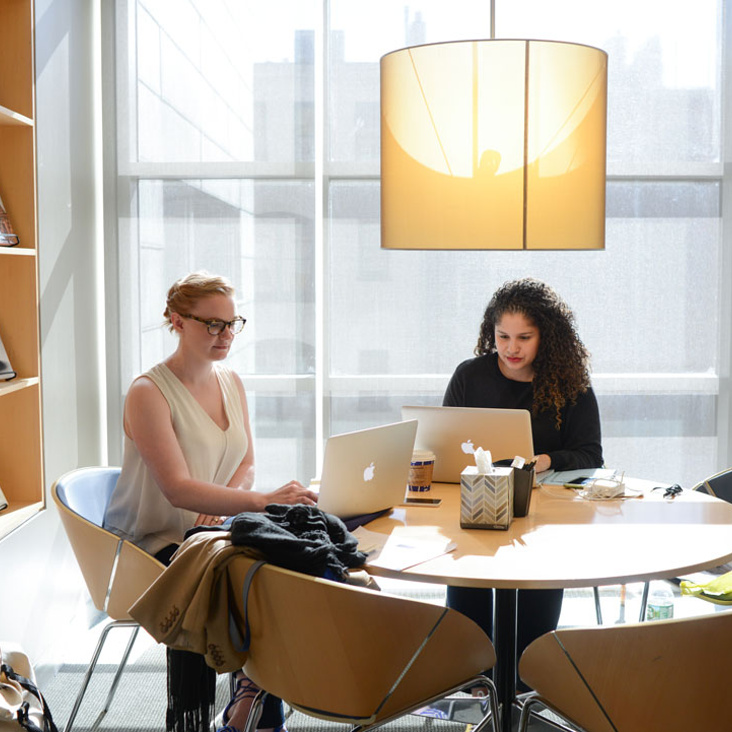“They say that change is the only constant thing in life…culture is dynamic. It evolves. I do not agree with those who say that lace is not [part of our traditional attire]. My reason for this is simply because if you go to Lustenau, Vorarlberg where this lace is produced, 90% of the market of the production comes to Nigeria.” – Ms Louisa Onuoha
In This EpisodeIn this episode, our host speaks with a historian about how laces made in Austria landed thousands of miles away in the wardrobes of Nigerians. Join us, as we navigate evolving tastes, enduring culture, trade policies, industry crises, and all the things that happened along the way as Nigerians remade these laces in their own image.
Listen and follow on
Apple Podcasts |
Spotify |
Stitcher.
Download a transcript.
Louisa Onuoha is on the staff of the National Commission for Museums and Monuments, Nigeria, where she has served in several capacities as a museum education officer/curator in more than three museums in the country. She has initiated several art and educational programs for the museum and participated in several exhibitions locally and internationally. Among these exhibitions is the African Lace Exhibition, a joint effort between the Museum of Ethnology, Vienna, and the NCMM, Nigeria. She is a member of several art and heritage organizations such as ACASA, CAA, SNA, CAM and the International Council of Museums (where she currently serves as the President of ICOM Nigeria). She is widely traveled and well published in the area of arts, tourism, and heritage and is currently a Doctoral candidate at the Institute of African Studies, University of Ibadan, Nigeria.
mary adeogun (BGC MA ’22) studies textiles, garments, and dress culture. For the past four years she has focused on Yorùbá dress culture and textile practices from her family heritage, relying on conversations with stylish aunties about their lace and aṣọ òkè, interviews with àdìrẹ collectors and scholars, brief apprenticeships or workshops with practicing textile artists, and beyond. Other interests include fiber and dyeing science, how clothes are displayed, American dress culture and everyday dress habits. She is grateful to the many loved ones and teachers in her life that make this learning possible.
Featuring original music by Ahamefule Oluo.











